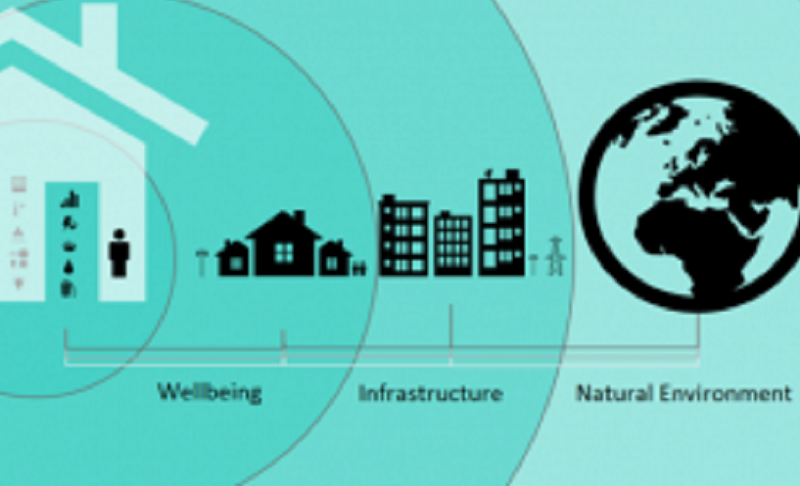Engineering Comes Home
EPSRC funded the EngEx to evaluate infrastructure priorities with local communities

21 July 2017
The problem
Infrastructure systems such as water, transport and energy are vital to British society and the economy. However, it is difficult to predict the conditions they will need to operate under in future, because of climate change and social and economic changes. Thus, infrastructure needs to be adaptable and resilient. It must also be able to bounce back from any extreme events and general trends that occur in future. Yet, while engineers have good methods for taking into account physical, environmental and economic factors, they need new tools to better understand and account for social factors in their designs.
Local communities will therefore also have important roles to play in adapting to climate change and other uncertain events in the future. It is thus vital that local communities and engineers come together to decide what is important in designing future infrastructure.
Our solution
Engineering Comes Home was an EPSRC-funded research project that turned the traditional process of infrastructure design on its head. Visit the iilab website for resources and further details about the project. Also, you can visit our YouTube page to watch videos about three workshops run in collaboration with iilab, Leathermarket JMB and the Decima Street Tenants and Residents Association.
This project started with household needs and looked outward to design technologies and infrastructure. It put people and their everyday needs and desires first. It also acknowledged complex patterns of resource consumption in households, arising from interactions with socio-technical systems.
This project worked with a community of London social housing residents as a case study. Participants were recruited through the UCL Engineering Exchange in partnership with the Just Space network.
The UCL project team comprised Professor Sarah Bell, Director of the Engineering Exchange; Dr Aiduan Borrion, Senior Research Associate in the Department of Civil, Environmental and Geomatic Engineering and Dr Charlotte Johnson, Research Associate in the Bartlett School of Environment, Energy and Resources. Project partners included Dr Kat Austen and iilab, and Dr Robert Comber, Lecturer in Computer Mediated Communication based at Open Lab, Newcastle University.
Outcomes
- Demonstrate a new paradigm for infrastructure design starting from the home, looking out towards provision systems that meet household demands.
- Integrate thinking about water, energy, food, waste and data at the domestic scale to support user-led innovation and co-design of technologies and infrastructure.
- Test design methods to connect homes to communities, technologies and infrastructure. This can enhance positive interactions between data, water, energy, food and waste systems.
Outputs
The project produced a toolkit for infrastructure co-design, including:
- Method statements for co-design;
- Tools to deliver co-design;
- Evaluation methods;
- Videos of the process in action; and
- Academic and professional publications.
 Close
Close

